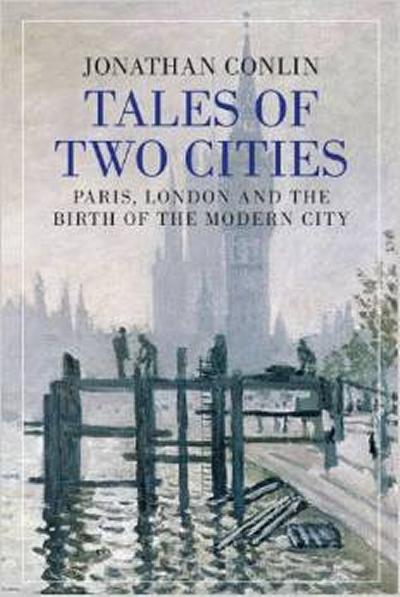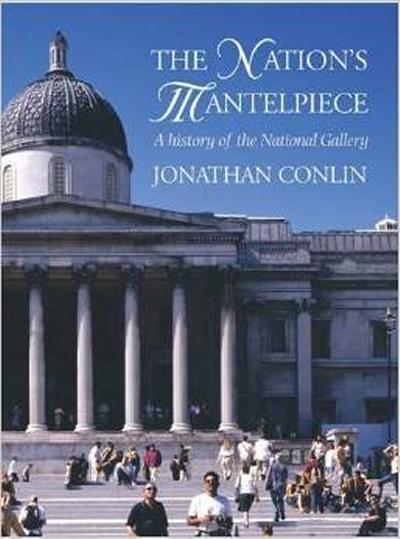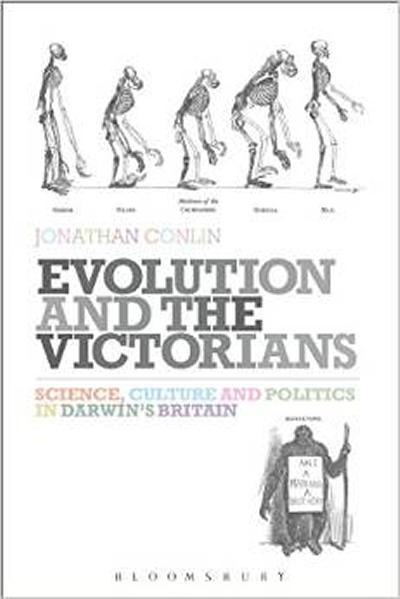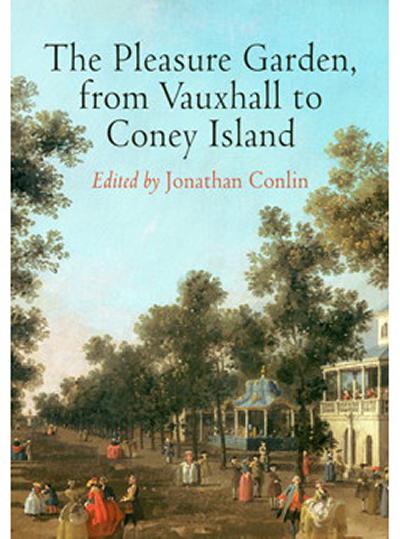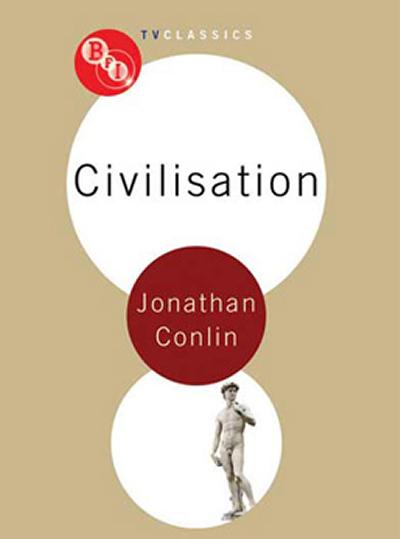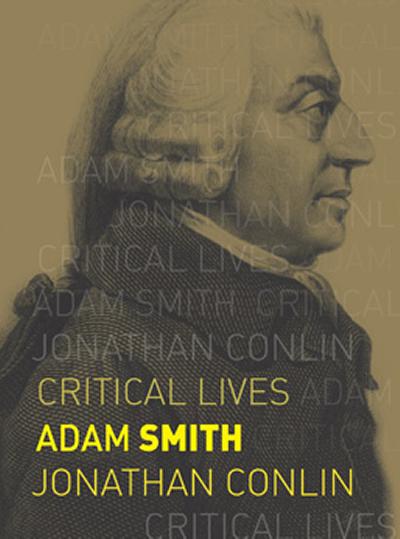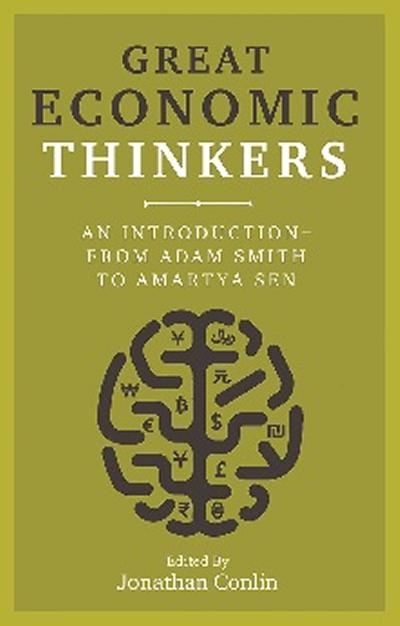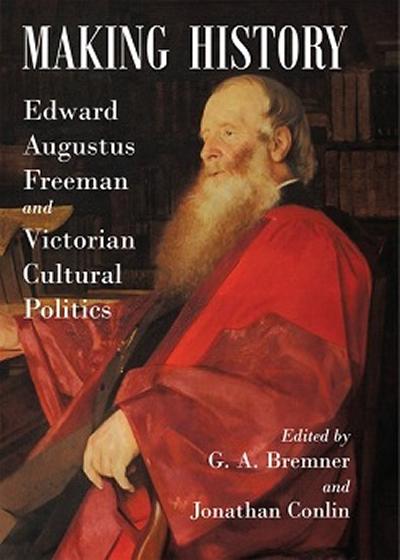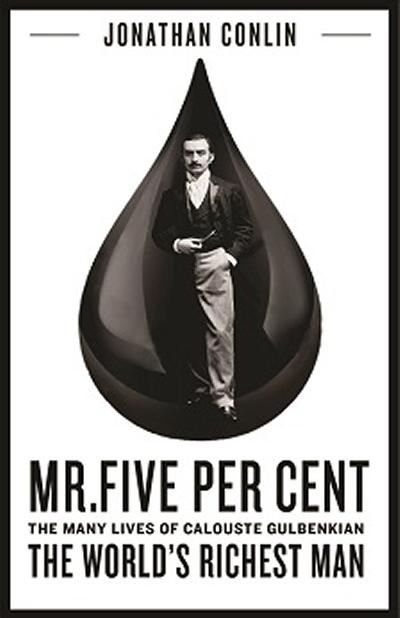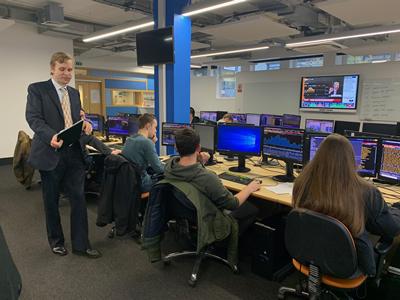Dr Jonathan Conlin BA Oxon MA PhD Cantab FRHistS FHA
Senior Lecturer; MA History Convenor

History is past politics, and politics present history.
I am a historian of British cultural history from c. 1750 to the present, with a particular interest in the history of museums. My books include a history of the National Gallery and the first comparative history of Paris and London, and have been translated into seven languages. Alongside academic journals I have written for The Conversation, GQ, Sight and Sound and History Today. In 2017 I co-founded The Lausanne Project, which explores the legacy of the Treaty of Lausanne a century on. In 2019 Profile published Mr Five Per Cent, a biography of the Anglo-Armenian oil magnate, financier and art collector Calouste Gulbenkian (1869-1955), that won the BAC Wadsworth Prize for Business History.
In 2021 Columbia University Press commissioned me to write The Met: A People's History of the Metropolitan Museum of Art. For more on this ground-breaking project, see the "Research" tab, below.
Born and raised in New York (where I spent a good deal of time in the Met), I studied History and Modern Languages at the University of Oxford, spending a year at the Rheinische Friedrich-Wilhelms-Universität in Bonn, Germany. After a Masters in History of Art at the Courtauld Institute I moved to Cambridge for my doctorate. Before coming to Southampton I was Junior Research Fellow at Sidney Sussex College, Cambridge, and briefly worked for the BBC, as Specialist Researcher on the 2007 Michael Buerk series Trade Roots, which investigated ties between British institutions and the slave trade.
Alongside my Southampton teaching I have taught history of economic thought at the École Supérieure des Sciences Commerciales d'Angers (ESSCA) and held Visiting Fellowships at Dumbarton Oaks, Huntington Library, Lewis Walpole Library and Princeton University Library. To celebrate the fortieth anniversaries of the landmark BBC television series Civilisation (1969) and Ways of Seeing (1972) I organized a series of screenings and talks at the National Gallery, British Film Institute and National Gallery of Art, Washington.
